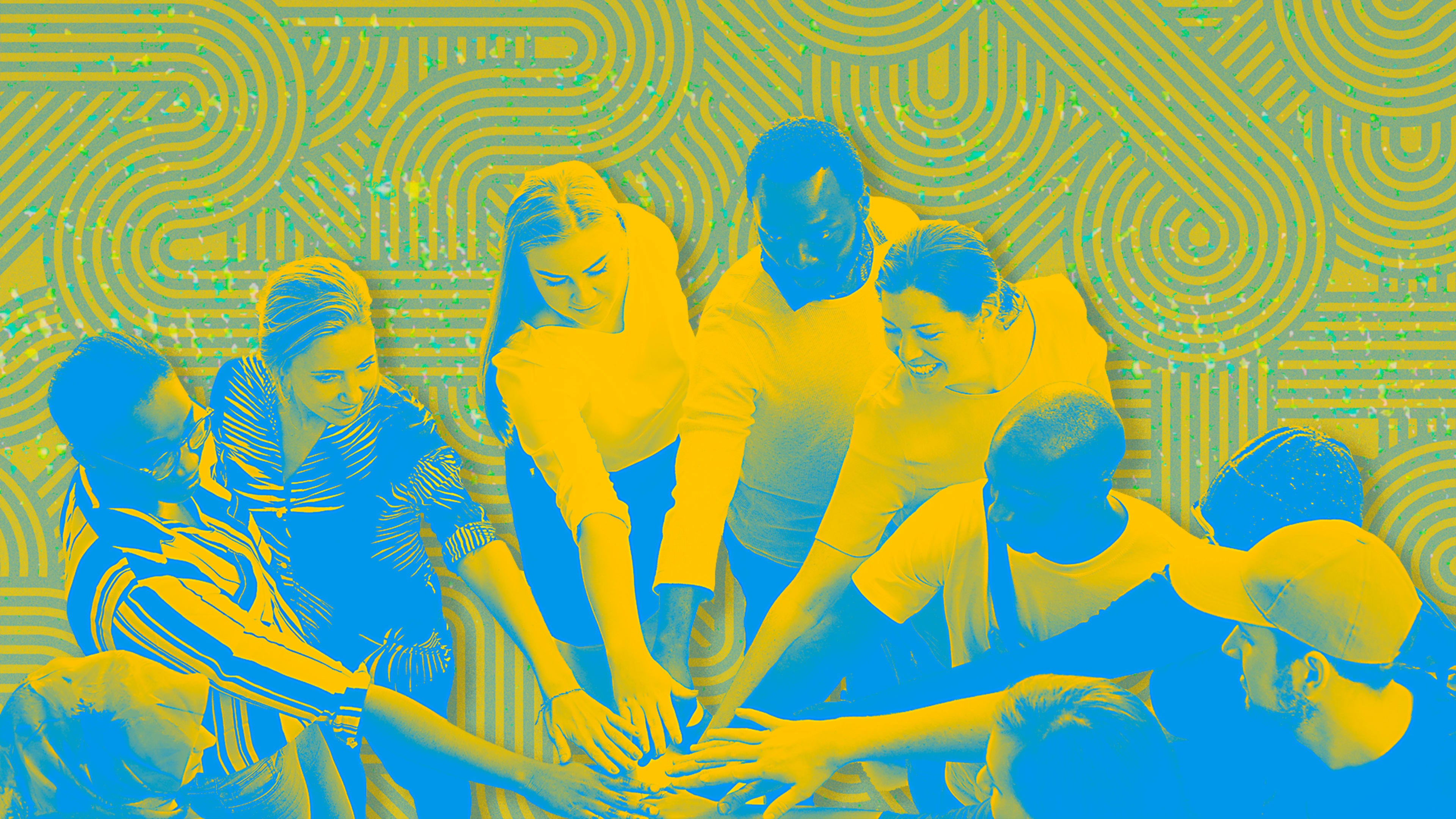Many companies are finally waking up to the need to build more inclusive workplaces, but far too often, diversity, equity, and inclusion (DEI) efforts often overlook the needs of neurodivergent people.
Neurodiversity embraces the variety of different brain makeups that people can have. It’s also a category of identity that is often underserved in DEI efforts. Neurodiversity can include (but isn’t limited to) traits such as ADHD, autism, and dyslexia.
Very often, many elements of our workplaces are built around things such as eye contact, noisy group work, and generally overstimulating settings. In other words: Work is mostly built for neurotypical people.
In the most recent episode of The New Way We Work, I talked to Hiren Shukla, founder of Neuro-Diverse Centers of Excellence at EY Global. He pointed out that neurodivergent people make up about 20% of the population but face an unemployment rate of around 85%. In short, it’s a huge untapped labor pool. And of course, like all other elements of hiring for a more diverse workforce, adding more neurodivergent people to your workforce isn’t just a moral imperative; it’s a business necessity.
Shukla says that through his work at EY, he’s found that “about 35% of the neurodivergent population has extremely high creativity, complex problem-solving skills, data and technology acumen, aptitude, and interest. When acumen, aptitude, and interest line up like a constellation in the sky, it creates a level of focus, and that employee will outperform anybody that you have in this space.”
How can companies reach all of this untapped talent? And more importantly, how can they create a workplace that’s inclusive to neurodivergent employees once they’re hired? The good news is that the changes that most companies need to make are the same kind of changes that are universal to build a more inclusive environment for everyone.
It starts with the hiring process. Often, traditional interviews heavily weigh things such as building rapport, being witty, thinking on your feet, and making eye contact. Creating this kind of casual social connection is a skill that’s difficult not only for neurodivergent people but also for lots of other individuals who have traditionally fallen outside the traditional mold of corporate success.
Leaders who start thinking about accommodations for neurodivergent employees will naturally also start thinking more flexibly about what the workplace looks like in general. That’s a boon for everyone. And not only will this effort pay off in a more diverse, skilled, and creative workforce—it will result in a more loyal one. As Shukla points out, “A lot of companies will say, ‘Oh my God, it’s a lot of work that you’re doing up front.’ And we say, ‘Would you like 92% retention of your workforce in data science, and artificial intelligence, and cybersecurity? Because if you would, making this investment up front is easy. You will get a 10 to 20 times return on that investment, because 92% retention, as far as I know, is best in class.”
You can listen and subscribe to The New Way We Work on Apple Podcasts, Google Podcasts, Stitcher, Spotify, RadioPublic, or wherever you get your podcasts.
Recognize your brand’s excellence by applying to this year’s Brands That Matter Awards before the final deadline, June 7.
Sign up for Brands That Matter notifications here.
